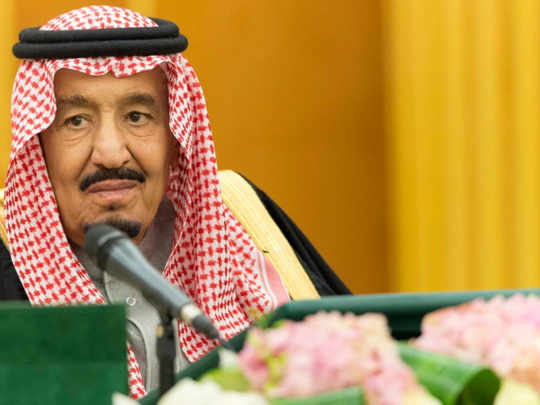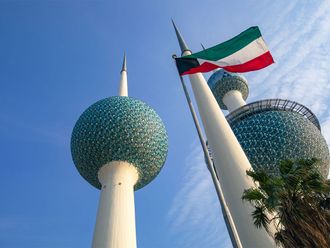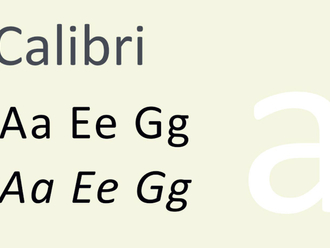
Dubai: Iran betted in the past on a hesitant foreign and domestic Saudi policy, but over the past year, things have completely changed and Riyadh has assumed a position that is rather provocative towards Tehran, said Mahjoob Al Zweiri, professor of Middle Eastern studies at Qatar University.
Nearly a year ago, King Salman succeeded his half brother Abdullah as the monarch of the regional heavyweight.
He brought along his nephew Mohammad Bin Nayef as crown prince and interior minister and his own young and ambitious son Mohammad as a deputy crown prince and defence minister.
In March, Saudi Arabia took the unforeseen step of leading an Arab military intervention in neighbouring Yemen, launching an air campaign against Iran-backed Al Houthi militants in support of Yemen’s legitimate president Abd Rabbo Mansour Hadi.
Attacks on Saudi mission condemned
Bahrain follows Saudi Arabia in cutting Iran diplomatic ties
How the attacks on Saudi mission in Iran unfolded
Last month, Riyadh brought Syrian political and armed opposition factions together for unprecedented talks, reflecting its rising profile in efforts to end the war.
Shortly after - and completely unexpectedly - Defence Minister Prince Mohammad announced the formation of a 34-nation coalition against Islamist “terrorism”.
“Riyadh presses ahead with its actions without giving much thought to reactions,” said Al Zweiri.
“It seems that there is a belief now that proactive and determined policies by Saudi Arabia could achieve results, including responding to Iran and its policies in the region,” he said.
The boldness was reflected in Saturday’s comments from the Saudi Interior Ministry. “We are completely confident with what we’re doing and we believe in it and do not care how others view our procedures, whether on justice or implementation of sentences,” said spokesman Mansour Al Turki.











